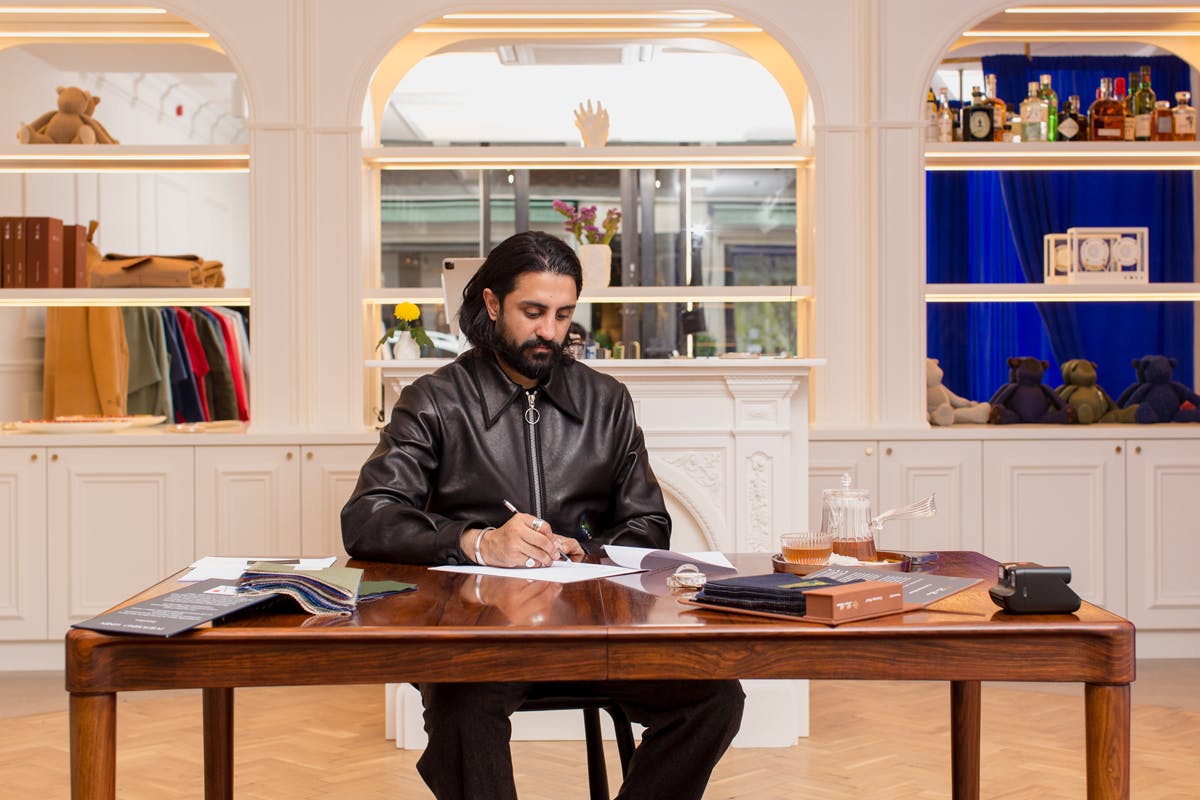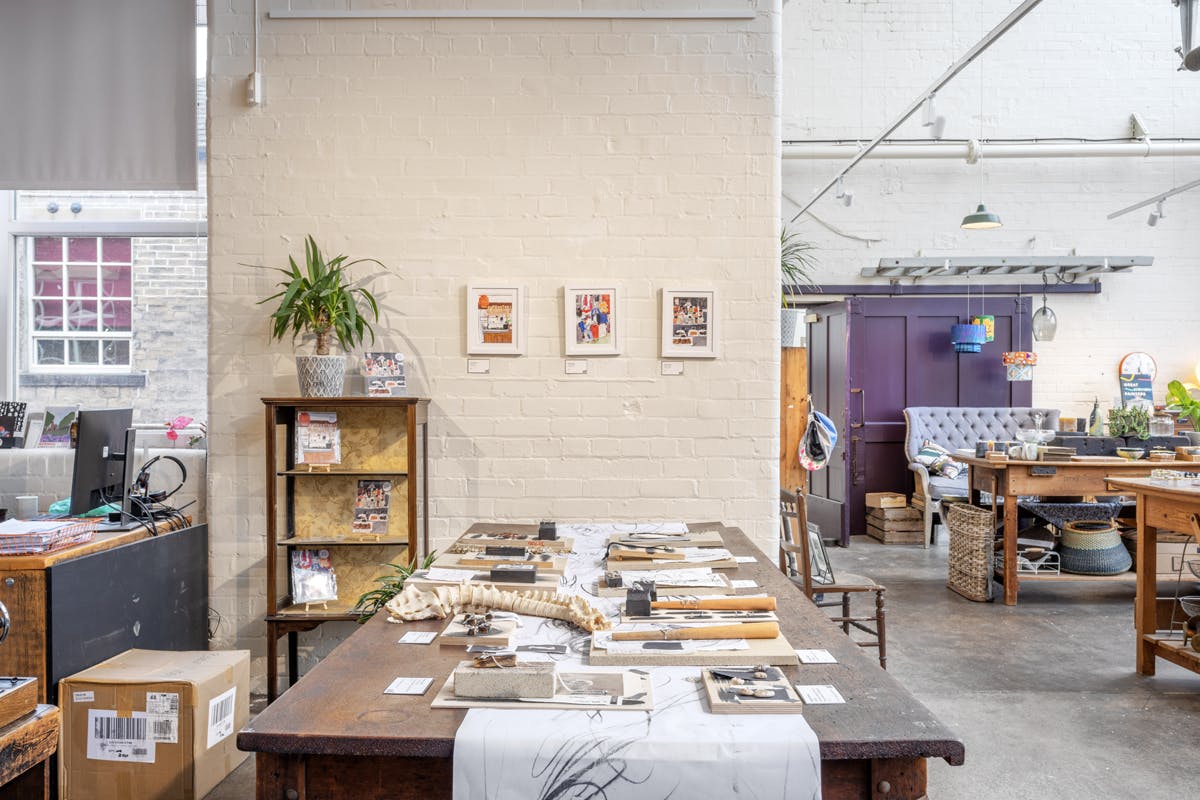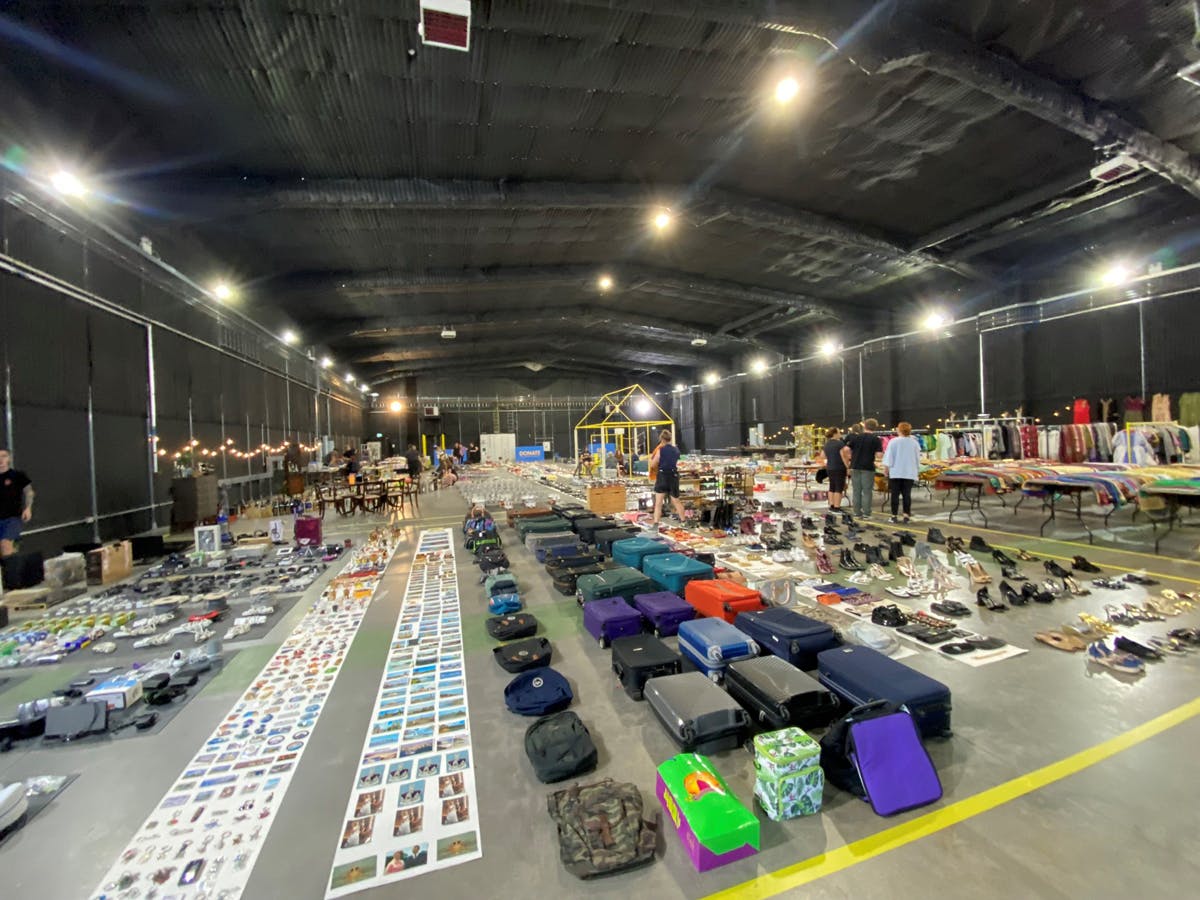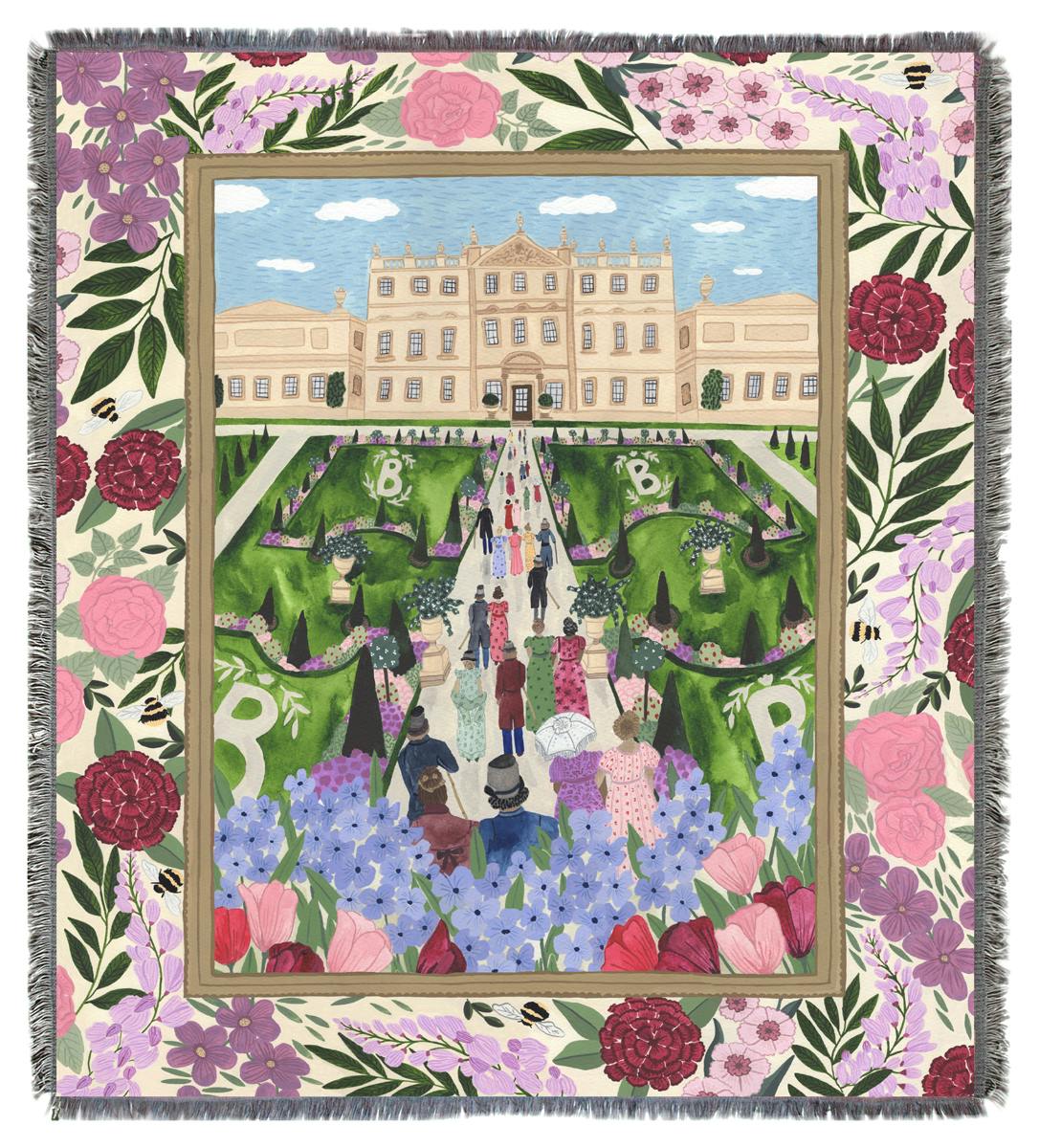Leeds Arts University hopes to create a lifelong relationship with our alumni.
The alumni association aims to build and nurture the creative community of University alumni, staff and current students. Every student who has passed through the University, from its beginnings as Leeds School of Art, to its time as Jacob Kramer College (1968-1993) and Leeds College of Art, are all part of our alumni community. With notable alumni spanning right from the first graduates of 1846, this is a pretty special community to become a part of.
Alumni News
Replacement and duplicate certificates
For courses validated by Leeds Arts University (2016-present day)
Visit our online shop at shop.leeds-art.ac.uk to purchase a replacement/duplicate or call us on 0113 202 8000.
For courses validated by The Open University (2005-2015)
Visit The Open University website at www.open.ac.uk or call them on 01908 332 840.
For courses validated by the University of Leeds (1994-2005)
Visit the University of Leeds website at students.leeds.ac.uk or call them on 0113 343 8877.
For courses validated by Pearson/Edexcel (HND/C programmes)
Visit the Pearson Edexcel website at qualifications.pearson.com or call them on 0844 576 0023.
Request a transcript
A transcript of modular results is available for former students. Transcripts contain a breakdown of the subjects you studied during your programme and the results you obtained for each subject.
Unfortunately, the University cannot provide transcript records for students who have completed prior to 2002. However, as an alternative a letter of confirmation of study can be provided.
Payment is required to process your requests for transcripts/confirmation letter.
Please visit the Leeds Arts University Shop to make payment.



